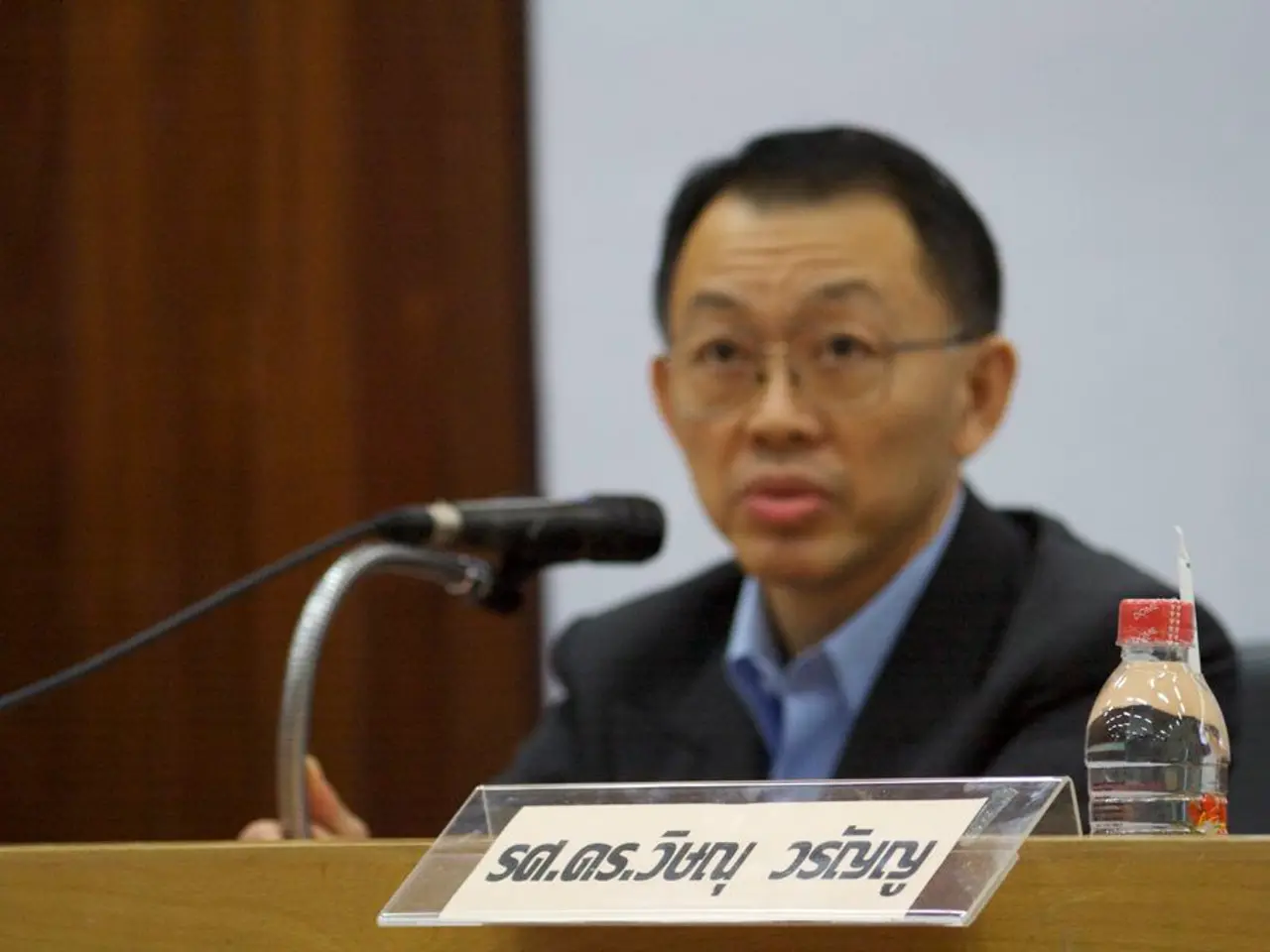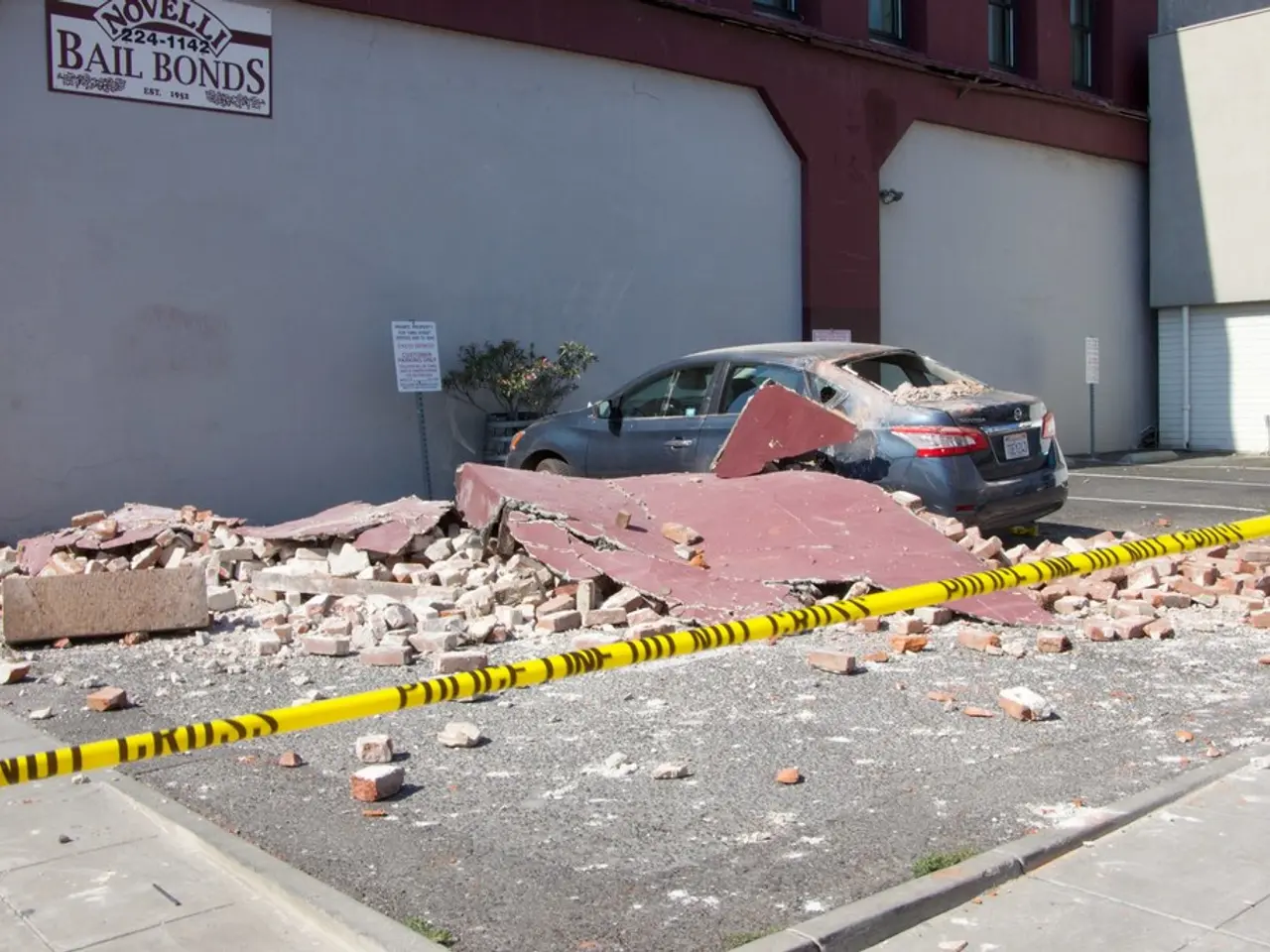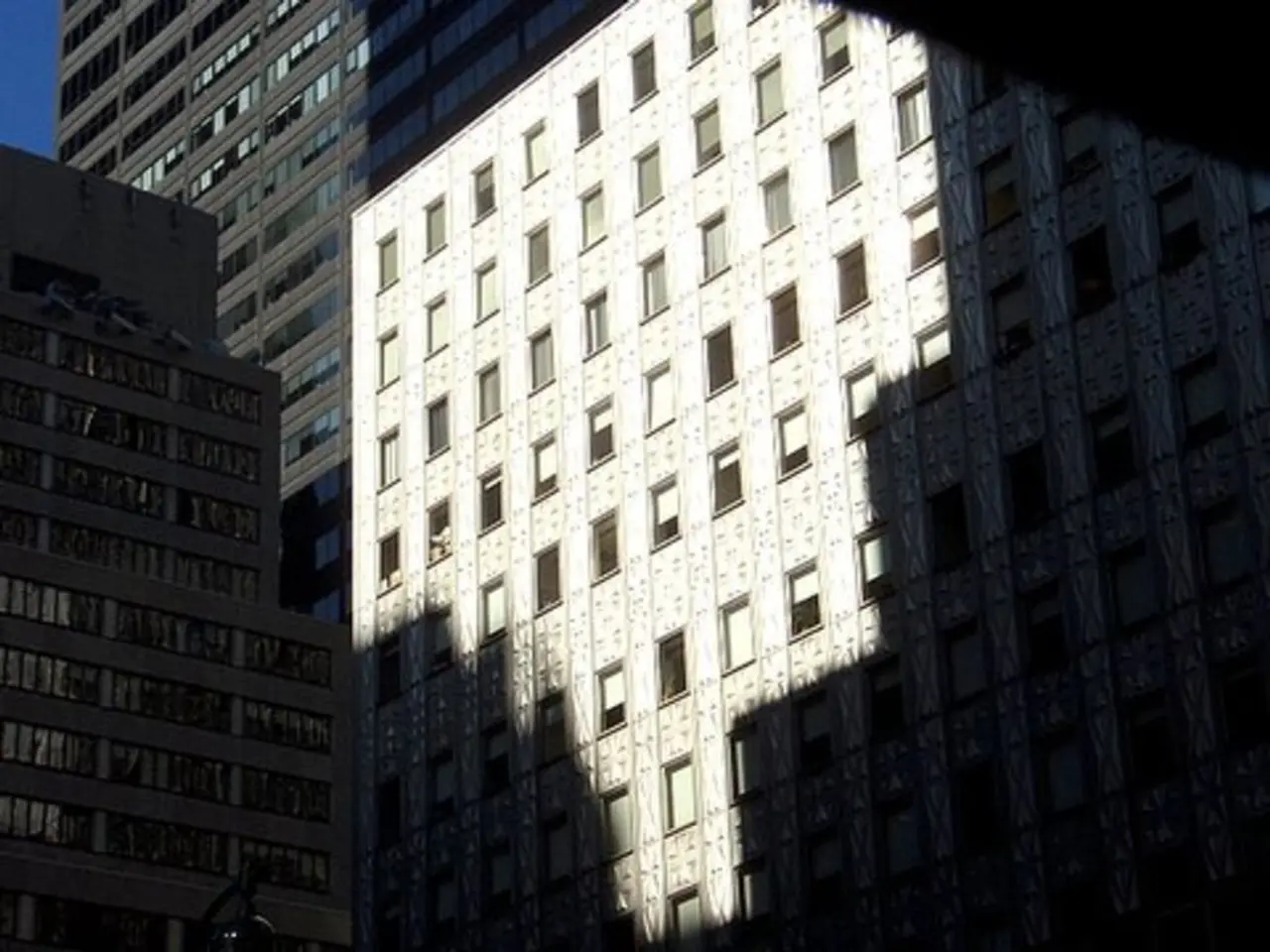Effort underway in Lyon to address vacant homes problem
In their early 40s, Anne-Claire Sinagra found herself pondering her financial future. After graduating as an engineer and putting away some personal savings, she wasn't quite ready to dive into the real estate market, particularly given her shift in career directions, seeking purpose. Dabbling in property ownership seemed tantalizing but expensive, especially within the Lyon metropolitan region. However, fate led Anne-Claire to the grasps of the volunteers from Habitat et Humanisme in 2022.
This humanitarian association, entrenched in Lyon and evolved into a significant social landlord, enlightened Anne-Claire about the concept of "solidary ownership." Solidary ownership is a community-focused approach where individual property owners share rights and responsibilities over a property for a specified period. In return, the owner manages the rental, performs any required repairs, and secures funding.
Venturing into this arrangement, Anne-Claire wound up purchasing a T2 apartment in Villeurbanne's Gratte-Ciel neighborhood for 100,000 euros. To help fund the renovations, she received substantial aid from the metropolitan area and the cities of Lyon and Villeurbanne, including support through the Agency nationale de l'habitat (ANAH) programs.
While the nitty-gritty of Anne-Claire's contract remains shrouded in mystery, her experience mirrors the intricacies of solidary ownership. In this arrangement, multiple homeowners collectively purchase and co-own a property, sharing its usage and financial benefits or burdens, such as equity growth or liabilities. This model is popular in high-cost markets, enabling collective resource pooling and shared financial burdens to access property ownership.
In essence, solidary ownership is all about collective, inseparable ownership where each owner shares the entire property interest with their fellow co-owners. It's like a shared equity mortgage or solidary ownership agreement, where all parties enjoy rights and bear responsibilities under one ownership contract. Since this partnership prevails, none of the solidary owners can sell or mortgage the property without the approval of their co-owners, and profits or losses upon any sale or refinancing are split proportionally according to ownership shares.
Solidary ownership sets itself apart from conventional tenancy arrangements by emphasizing shared roles, decisions, and closer cooperation among co-owners. Joint management enables collective property management and distributed benefits, making property ownership more accessible and financially practical. This model, inspired by European cities such as Lyon, fosters housing affordability amid urban areas like Lyon, France.
To wrap things up:
- Solidary ownership is a collaborative form of ownership where each co-owner owns portions of a property indivisibly. Shared housing rights, financial benefits, and burdens come hand in hand with solidary ownership.
- Anne-Claire Sinagra's journey exemplifies these principles, as she co-owns real estate in Lyon, pooling resources and sharing risks for homeownership.
- This shared ownership model aligns closely with shared equity concepts where capital and ownership stakes are mutually owned by multiple parties, subject to legal and financial ties tying all solidary owners solidarily.
Through Anne-Claire's adventure, solidary ownership illustrates itself as a realistic and community-driven solution to housing affordability and shared property management within Lyon, France. While the specifics of her contract might remain ambiguous, her example embodies the shared or solidary ownership principles widely recognized in French and European real estate practice.
Solidary ownership, as demonstrated by Anne-Claire Sinagra's experience, is a form of community-focused property ownership where co-owners indivisibly share housing rights, financial benefits, and burdens. As Anne-Claire co-owns real estate in Lyon, she joins other owners in pooling resources, sharing risks, and managing properties collectively. This shared ownership model strongly aligns with shared equity concepts, involving mutual capital and ownership stakes among multiple parties under legal and financial ties, thereby promoting housing affordability within urban areas like Lyon, France.








